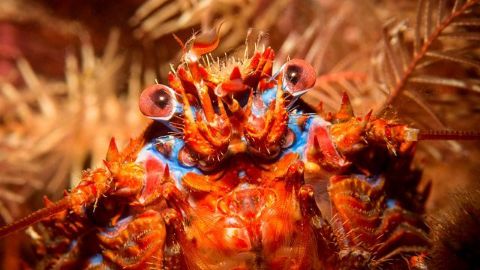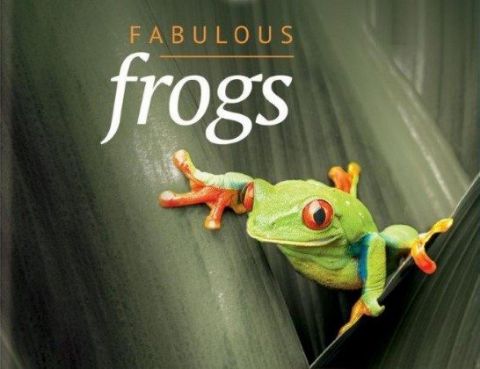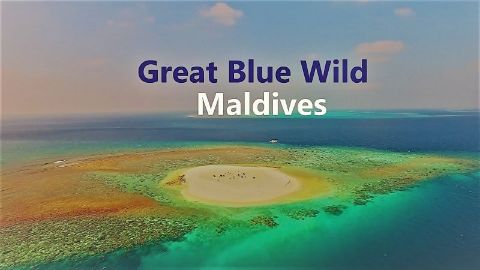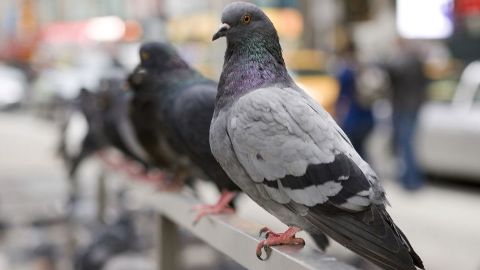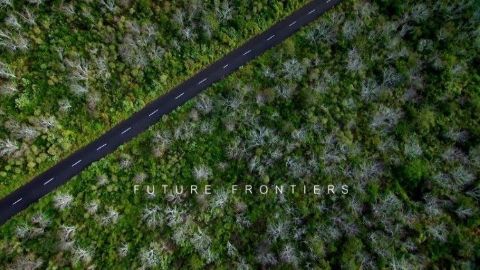Blue Planet I • 2001 • 10 episodes •
The ocean's influence dominates the world's weather systems and supports an enormous range of life. This first episode demonstrates the sheer scale, power and complexity of the "Blue Planet".
2001 • Nature
David Attenborough narrates a natural history of the oceans. The deadly game of hide-and-seek played by the sea's charismatic hunters - whales, shark and billfish.
2001 • Nature
A look at the survival techniques of creatures that endure the harsh conditions of the Arctic and Antarctic.
2001 • Nature
David Attenborough narrates a natural history of the oceans, exploring the richest waters on Earth, where the annual cycle of the sun drives an explosion of life.
2001 • Nature
Developed over centuries, coral reefs house fragile ecosystems, but they too have to fight to survive.
2001 • Nature
As snails surf the waves in pursuit of a meal, how do the tides create opportunities for marine life?
2001 • Nature
Revealing the titanic efforts behind Blue Planet, this diary reveals the skills and dedication of the film makers.
2001 • Nature
Dr Martha Holmes looks at man's influence on the oceans. Is there a solution so that we can save our seas or is it too late to get us out of Deep Trouble?
2001 • Nature

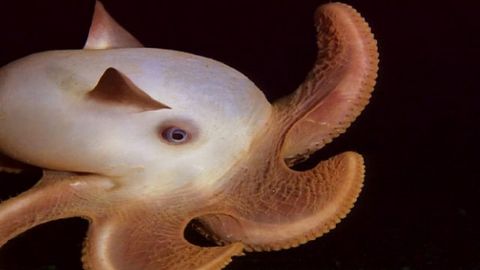
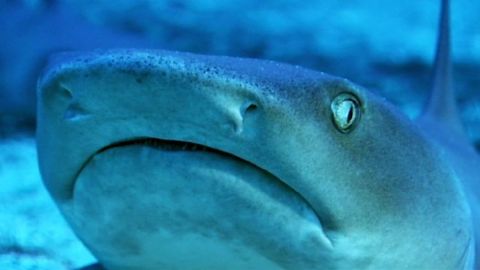




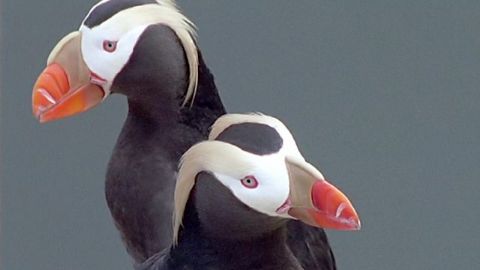
![Making Waves [Making of]](https://ihavenotv.com/img/12214.jpg)
![Deep Trouble [Extra]](https://ihavenotv.com/img/12215.jpg)
